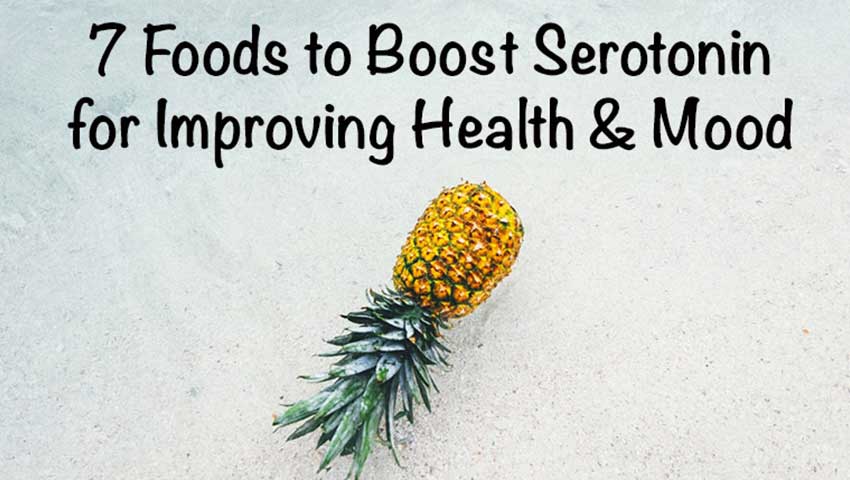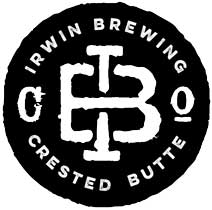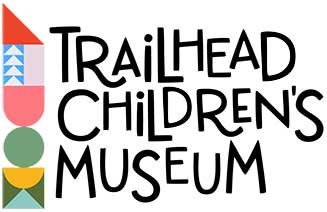Living at high altitudes is thought to reduce levels of serotonin in the body — symptoms include mental health issues like depression, stress, unexplained irritability, and panic attacks. Serotonin has also been linked to eating specific foods, and its role in human physiology is a frequent subject of scientific study for improving mental health and happiness.
What is Serotonin?
Serotonin is a mood-enhancing chemical in the brain that affects mood, feelings of well-being, and a way to regulate hunger. Serotonin also improves positive sleeping patterns for a more restful and rejuvenating slumber.
Natural light improves the production of serotonin as well as eating certain foods. Giving the body the tools it needs to function properly and at maximum efficiency can improve serotonin levels leading to better overall mood, happiness, and healthy sleep patterns.
One of these tools includes a chemical called Tryptophan, an essential amino acid that is believed to boost serotonin levels when consumed.
Why is Serotonin so Important?
Serotonin is a neurotransmitter that carries signals to regulate many different bodily functions.
Without it, the body’s bowel functions can suffer causing digestive and gut bacteria problems. As an example, some types of food can irritate the intestinal lining, and in these cases, serotonin can help push the food through faster to reduce the time and amount of irritation.
The serotonin neurotransmitter also works with efficient blood clotting. Platelet cells release serotonin with tissue damage, which results in vasoconstriction. This is an important part of the process for blood clots to form when necessary.
Bone density may also be affected by serotonin. When bone density levels are too high, there is often a correlation with osteoporosis, a condition that causes the bones to become porous and weak, which in turn increases the chances of a fracture.
Unbalanced serotonin levels can also lead to affecting the way sexual functions work. In some cases, it increases sexual desire, while in other instances, a decrease in sexual desire might occur.
What is the Relationship Between Serotonin and Addiction?
Many things can make a person feel good naturally, such as exercise or being with friends and family. Other things, like recreational drugs, artificially cause people to feel good as well, but they create a false sense of positive well-being.
Typically, serotonin is a natural “feel good” chemical responsible for feelings of happiness, but when levels in the body are low or inadequate enough to work as they should, people will search for something else to produce the feelings they desire.
Addictive substances are addictive for a reason — they make people feel good. When people feel good, they want to continue doing whatever it may be that makes them feel that way.
Addiction is distinctly connected and extremely erratic as it interacts with both dopamine and serotonin. Unfortunately, drugs mimic the increase of serotonin as being critical for survival. Those same increases should be a result of food or other social behaviors instead.
Drugs impact serotonin by affecting the ability to learn, have healthy sleep patterns, as well as regulating emotions and feelings. Some antidepressants specifically work by controlling serotonin levels in the brain to enhance mood.
Other drugs like alcohol and cocaine also have an impact on serotonin, but these are used in a way not intended by doctors and can lead to dependence or addiction if used too frequently or for too long and may require addiction treatment for recovery.
Fortunately, there are other ways to naturally boost serotonin levels in the body that are much safer than using drugs or illegal substances, such as being outside and exercising in sunlight, getting a good night’s sleep, and eating a variety of healthy foods.
What Foods Can Boost Serotonin?
If an individual is suffering from a lack of serotonin, all is not lost. It’s possible, and quite easy, to boost serotonin production by eating certain foods, such as those listed below.
Many of these foods work because they contain tryptophan, which is an amino acid that aids in producing serotonin in the body.
- Salmon
- Nuts and Seeds
- Turkey and Poultry
- Eggs
- Tofu and Soy
- Milk and Cheese
- Pineapple
There are plenty of other options available that will increase serotonin levels such as drinks like green tea and probiotics. While these drinks don’t contain serotonin, other components within them assist with boosting serotonin levels.
Other foods containing Vitamin D are also good because Vitamin D activates tryptophan, which leads to increases in serotonin levels. Good sources of Vitamin D foods include cod liver oil, fortified orange juice, and many types of yogurt.
Avoid Foods that Lower Serotonin Levels
Just as foods can raise levels, some foods and drinks can lower levels below where they need to be to maintain a sense of well-being.
Alcohol tends to decrease serotonin, as do artificial sweeteners. Avoid diet sodas because they do nothing to help serotonin levels at all.
Too much caffeine from coffee can reduce serotonin levels, especially when experiencing caffeine withdrawals.
Jumpstart Serotonin Naturally
By being exposed to natural sunshine, serotonin production is greatly improved. Spending time outside in the sunlight will be a natural booster for levels in the body.
Getting regular exercise is an enjoyable booster of serotonin levels, and as little as 15 to 20 minutes of vigorous activity can be enough to push serotonin levels up.
A generally positive attitude toward life can do wonders for improving mood and increasing serotonin production. Spending time with others who make us happy, meditating, and practicing mindfulness all contribute to increasing feel-good chemicals in the brain.
It’s easy to make smart food choices to improve serotonin levels when we know what to eat. Find what fits best into your daily diet from this list above and make small incremental changes by adding a lit bit of each to every meal. Over time, it should be easy to notice improvements in the way you feel.
- - - - - - - - - - - - - -
You can make a difference in someone's life. 100% of the money donated to Trek for Life goes directly to those who cannot afford mental health insurance in this community.
This article was written by Jenna Fryer and originally appeared in AP NEWS on July 29, 2021












